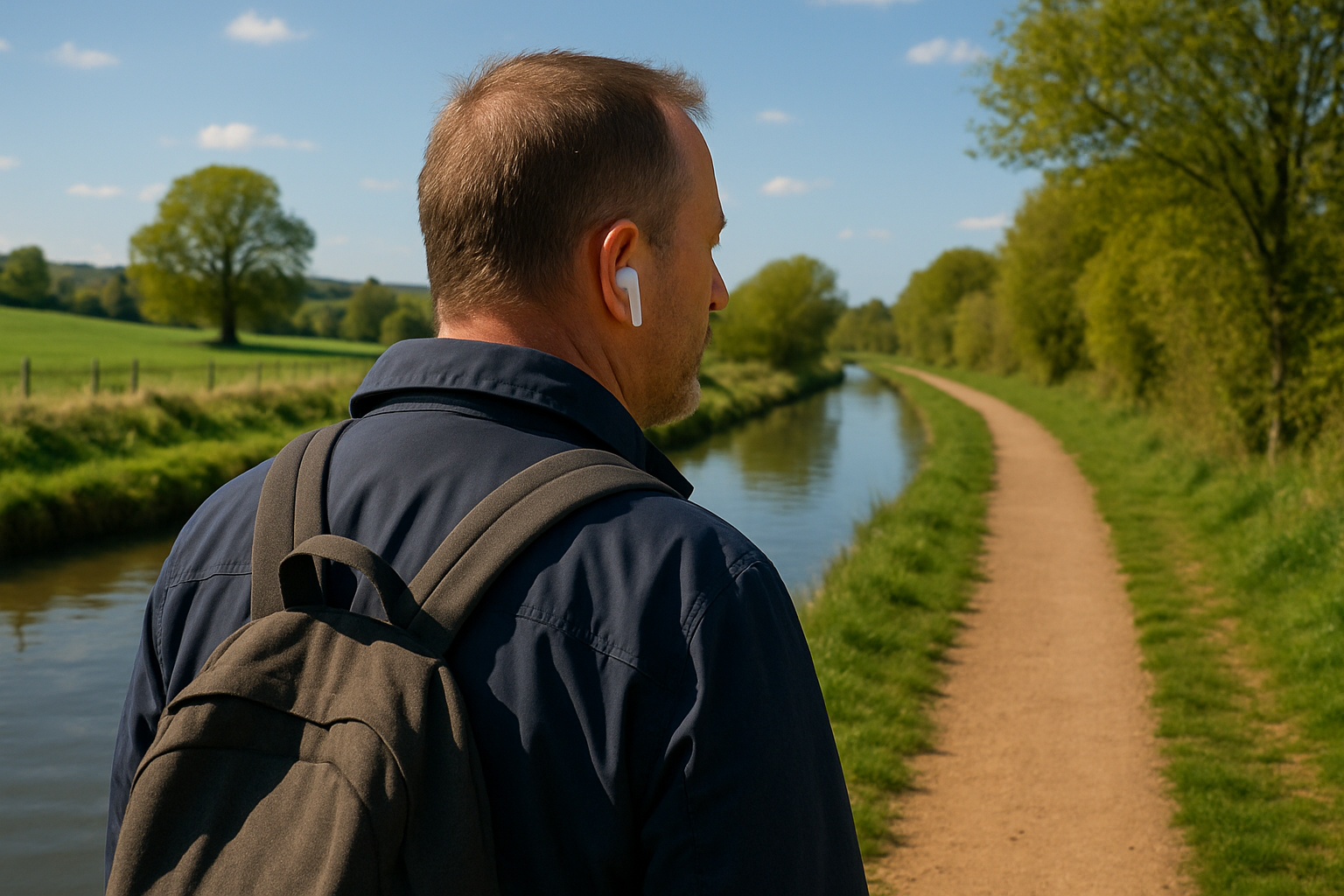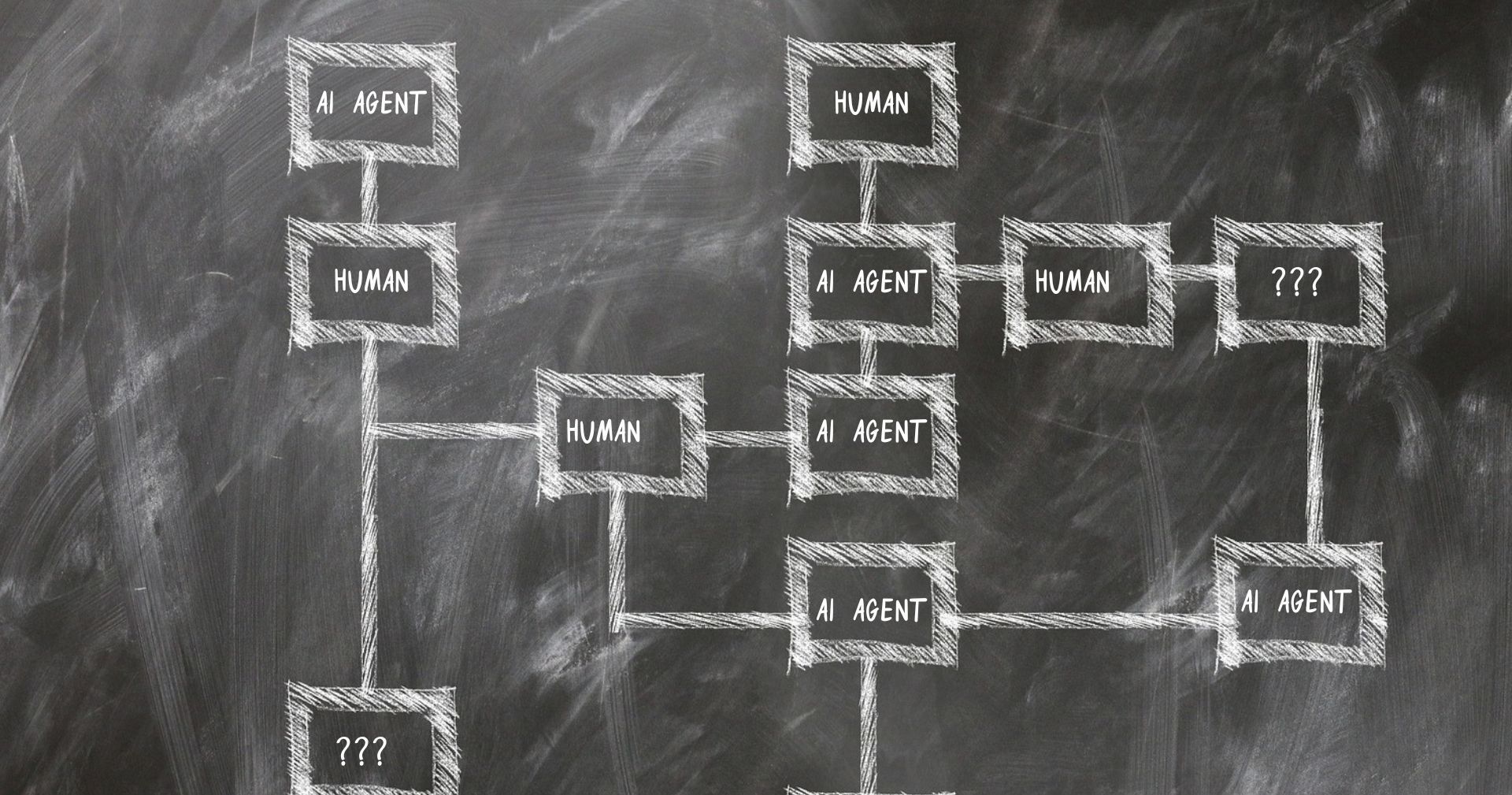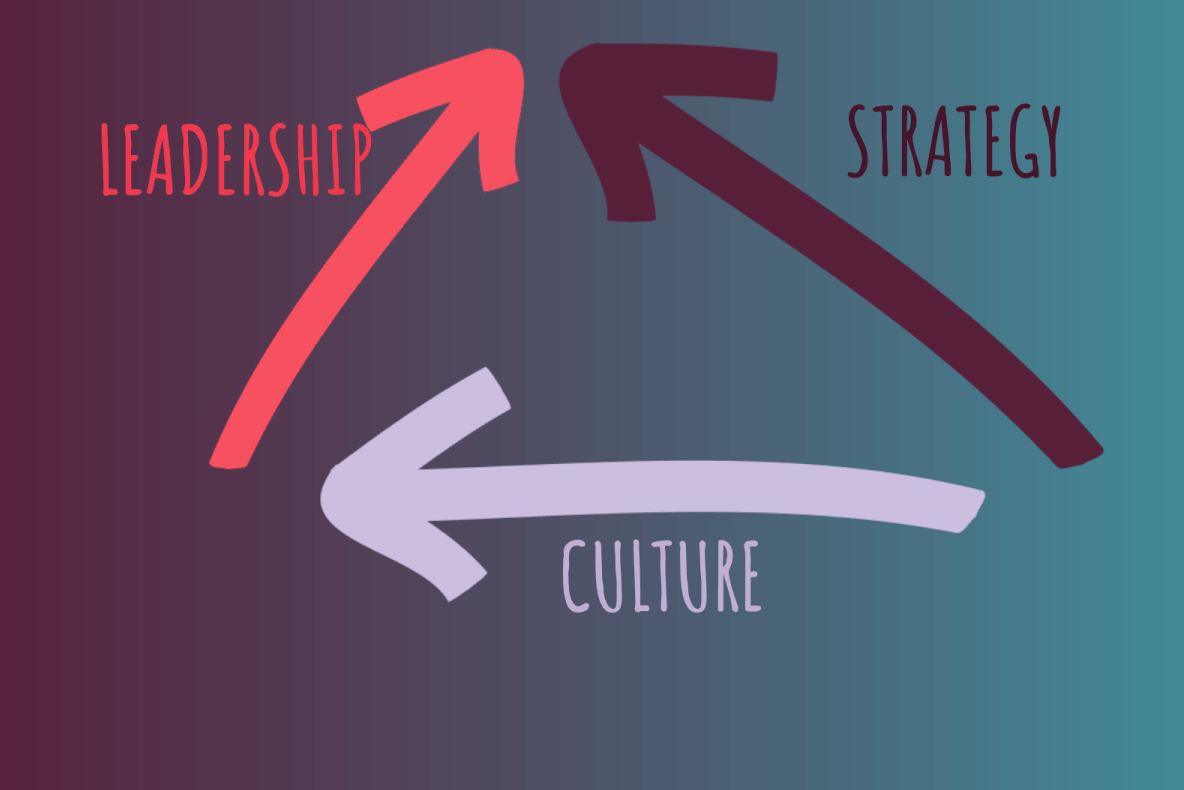Walking with AI

It’s long been my habit to begin the day with a walk whenever possible; it’s a gentle way to get mind and body moving (and yes, I know I’m privileged to have the space and time to do this). What’s changed recently is that sometimes—not always, because usually I want to hear birdsong —I take AI along as a companion. I hadn’t realised the power and ease of simply talking to it in voice mode. I suspect that when I look back in six months I’ll find it hard to imagine there was ever a time I didn’t know about this. Perhaps some readers will roll their eyes at my late-to-the-party discovery.
I now have conversations with ChatGPT as I walk, speaking into my AirPods, letting it help me develop my thinking. It’s supportive, creative and occasionally sycophantic (which has its charms). It doesn’t get bored. It helps me bounce around fragile ideas and unformed thoughts; I generate more value than I do when I think alone. And because the conversation is captured, I don’t have to worry about the practical side of note-taking or remembering everything.
What’s struck me most is how different a voice conversation feels compared to the written kind. It’s oddly difficult not to imagine the AI as sentient—the rhythms and reactions feel so familiar, so human.
This morning one thought landed with some force, which seems blindingly obvious now: just twelve months ago, I couldn’t have imagined working this way. That led me to new questions about the impact of AI on organisational strategy, culture and leadership:
- If you were starting a business today, with AI already part of the world, what would you offer? How would you organise? How would you design your processes? What human roles would you need and what could AI do instead?
- What’s the role of the human being in that business—and where can they add the most value?
- What would it take to move from “business now” to “business + AI”?
It feels analogous to the arrival of electricity. To imagine running a business with electricity, while still living and working in a world built without it, was a vast leap; maybe impossible.
What fascinates me most—reinforced recently in work with a large tech company, ironically right in the heart of AI-land in Silicon Valley—is how rarely these fundamental questions are asked. The scramble to meet today’s demands leaves little space for reflection. Yet, as Margaret Wheatley put it: “Without reflection we go blindly on our way, creating more unintended consequences.”
I’ve long believed that reflection is a profoundly human quality, one AI cannot emulate. And yet, perhaps that’s simply a limit of my imagination.
This brings me back to the electricity analogy. On a recent trip to Spain, I arrived in the middle of a nationwide power outage. Suddenly all the things I normally take for granted—making phone calls, going online, paying with a card, withdrawing cash—were gone. When society has been built around something, its absence reveals what we’ve forgotten, or perhaps never learned, to do. In my case, even writing down the address of my accommodation instead of assuming my phone would tell me.
That, I think, is the warning for us with AI. As we build our world around it, we will inevitably lose some abilities we now take for granted. The one capacity we must not surrender, though, is the most human of all: the ability to think for ourselves.










